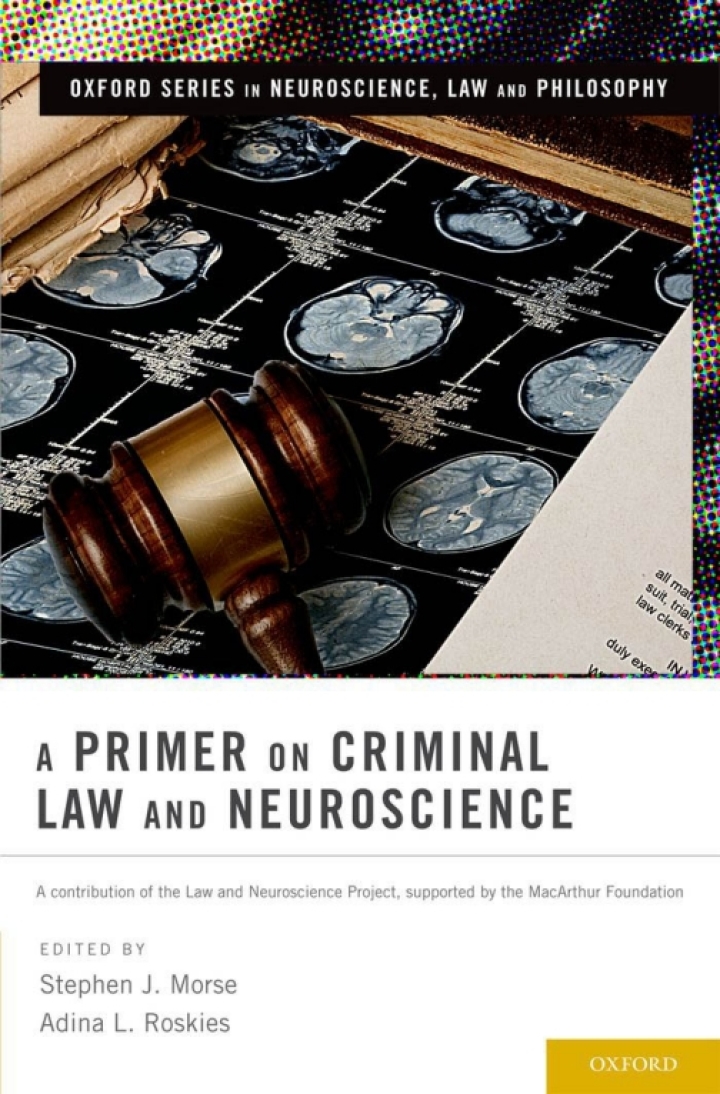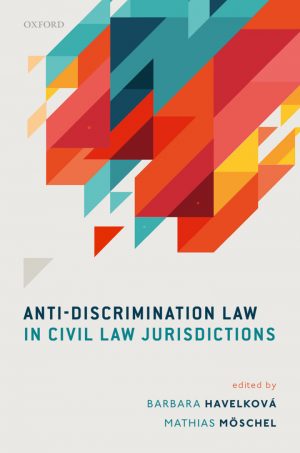A Primer on Criminal Law and Neuroscience 1st Edition A contribution of the Law and Neuroscience Project, supported by the MacArthur Foundation
$43.88
Attention: This is just ebook, Access Codes or any other Supplements excluded! / File Delivery: Sent Via Email within 24 hours!





